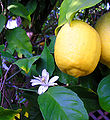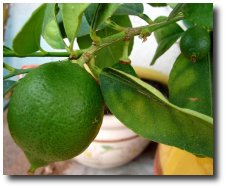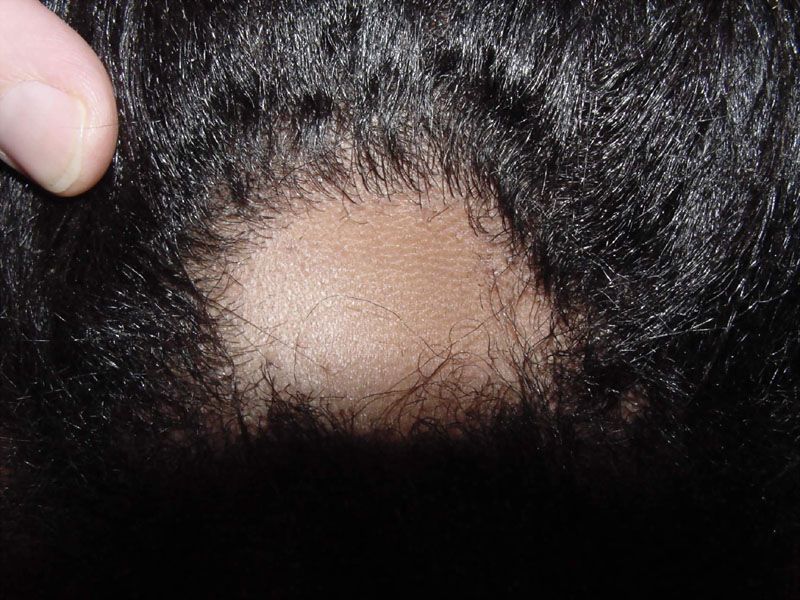LEMON BENEFITS THERAPEUTIC LEMON Properties
Lemon Benefits
Lemon benefits What are the benefits and properties of the lemon and does our body react to it?
Lemon: Refreshing, antiseptic, astringent, toning, healing: lemon can be used for several purposes.
Fortunately, lemons are on sale all year. Here are some tips to enjoy every last drop.

Skin Care
- It helps you get a smoother skin. Do you have rough elbows, knees or heels? Cut a lemon in half and gently rub the lemon on the rough parts for a few minutes.
- A piece of lemon applied to insect bites soothes the pain and itching within minutes.
- For those with oily skin, or if you want to get rid of blackheads quickly, squeeze a lemon on a cotton then apply it on the affected areas. With it property as an astringent, lemon also helps to tighten pores.
Dental care
A recipe from Grandma: For whiter teeth, brush them twice a week with a mixture of neat lemon juice, lime and grapefruit juice. This solution also helps reduce tartar. However, you should avoid sucking directly from a lemon slice because of its concentration in citric acid harmful to dental enamel.
Hair
To give your hair a shiny aspect, rinse with a little lemon juice after shampooing.
Migraine
Next time you have a headache, try lemon juice compresses or apply a few slices on your temples.
Feet
Aching feet? To relieve pain, rub the arch with lemon juice.
Health
Its reputation being that it has antiseptic properties, it is used in many treatments against sore throat and can also lead to cures for hands. It is now being used more and more in cosmetics. It is used to lighten and even skin tone. It eliminates 30% of glucose in the blood, effective for diabetes.
Its juice helps to prevent mucus: lemon juice diluted in warm water avoids having a hoarse voice.
A sugar soaked in lemon juice is the most effective remedy against hiccups. Although the way it works is unknown, the effect is immediate, guaranteed, easily verified and safe.
The lemon in the kitchen
Natural antiseptic, lemon is known for its high content of vitamin C. It is a very natural way to enhance the flavor of food and also flavor soups, sauces, vegetables, desserts and sorbets. It replaces the vinegar in many salad dressings. Finally, we use it to marinate and tenderize white meat, poultry and fish.
Buying and storing
- Always buy well round lemons, they are juicier than the oval-shaped ones. Choose the brightest yellow lemons, they contain more vitamins. Whole lemons can be stored in your refrigerator tray for about two weeks.
- Wrap the lemons you opened in plastic and eat them as soon as possible. The lemon should be at room temperature for it to give its maximum juice. Roll it on a board or in your hands for a few minutes before squeezing it. Also, it will give more juice if you first heat it in the microwave for 30 seconds.
Use the zest
Roughly grated, the zests are used in some soups and exotic dishes, desserts and delicate perfumes. It is also used in curries and in some classic stews. To grate the zest, use a fine grater, rub gently to avoid scratching the white skin that give a bitter taste.
A good tip
If you only need a few drops, drill a small hole in the fruit. Then, you can reseal it with a toothpick or wrap the lemon in plastic.

A lemon tree in the house
If you want to grow a lemon tree at home, here’s how to do it from lemons you bought: keep the seeds moist for 24 h. Fill a pot of 10-15 cm and plant the seeds 2 cm deep. Keep the seeds moist during their germination. They will take about a month to germinate. They will grow well under fluorescent light or on the edge of a sunny window. Unfortunately, it won’t produce anything other than leaves. If you want to see a lemon tree blossom, you’ll have to buy it.
Plant care
Prepare a drained, rich, neutral, without excess water mixture. During growth, use a special citrus fertilizer, watering one time out of two; trim slightly in March and watch out for spiders, mealybugs and aphids.
———————————————————————————————
In other applications
- Lemon juice can be very useful to clean aluminum objects, and it is in fact in the composition of the mixture that is sold to clean the copper utensils.
- It also appears that lemon juice has spermicide virtues because of its high acidity (pH lower than in the vagina). Studies are made to check if the lemon juice has an impact on AIDS.
- Lemon juice can also be used as invisible ink. Just use its juice as ink, and then heat the sheet over a candle (not too close) to see the message.
|
Raw skinless lemon
(Nutrition per 100 g) |
|||
| Water: 88.98 g | total ash: 0.30 g | fiber: 2.8 g | energy: 29 kcal |
| protein: 1.10 g | fat: 0.30 g | Carbohydrates: 9.32 g | Simple sugars: 2.50 g |
| Micronutrients | |||
| Calcium: 26 mg | Iron: 0.60 mg | Magnesium: 8 mg | Phosphorus: 16 mg |
| Potassium: 138 mg | Copper: 0.037 mg | Sodium: 2 mg | Zinc: 0.06 mg |
| Vitamins | |||
| Vitamin C: 53.0 mg | Vitamin B1: 0,040 mg | Vitamin B2: 0,020 mg | Vitamin B3: 0.100 mg |
| Vitamin B5: 0.190 mg | Vitamin B6: 0.080 mg | Vitamin B9: 0 mcg | Vitamin B12: 0.00 mcg |
| Vitamin A: 22 IU | Retinol: 0 mcg | Vitamin E: 0.15 mg | Vitamin K: 0.0 mcg |
| fat acids | |||
| Saturated: 0.039 g | monounsaturated: 0.011 g | polyunsaturated: 0.089 g | Cholesterol: 0 mg |
Risks
- Lemon is also photosensitive. When you apply lemon juice on the skin, marks can appear after exposure to sunlight. There are two reactions: phototoxicity and photoallergy.
- Lemon can also cause some burns to mucous membranes if its juice or essential oil is absorbed in too large quantities. The mucous membranes more prone to burned are the lining of the esophagus, stomach and more.




























 Every soul rubber mattress organic Green Sleep is guaranteed for 20 years ofgood use since July 2008. Each mattress has its certificate of origin and a manual. Remember that a mattress is acidified with sweat and deforms after a while depending on the weight of your body. So be your mattress review by a consultant from Green Sleep every eight years.
Every soul rubber mattress organic Green Sleep is guaranteed for 20 years ofgood use since July 2008. Each mattress has its certificate of origin and a manual. Remember that a mattress is acidified with sweat and deforms after a while depending on the weight of your body. So be your mattress review by a consultant from Green Sleep every eight years.


 Ragweed with its hairy stem and leaves of a greyish green.
Ragweed with its hairy stem and leaves of a greyish green.



Comments